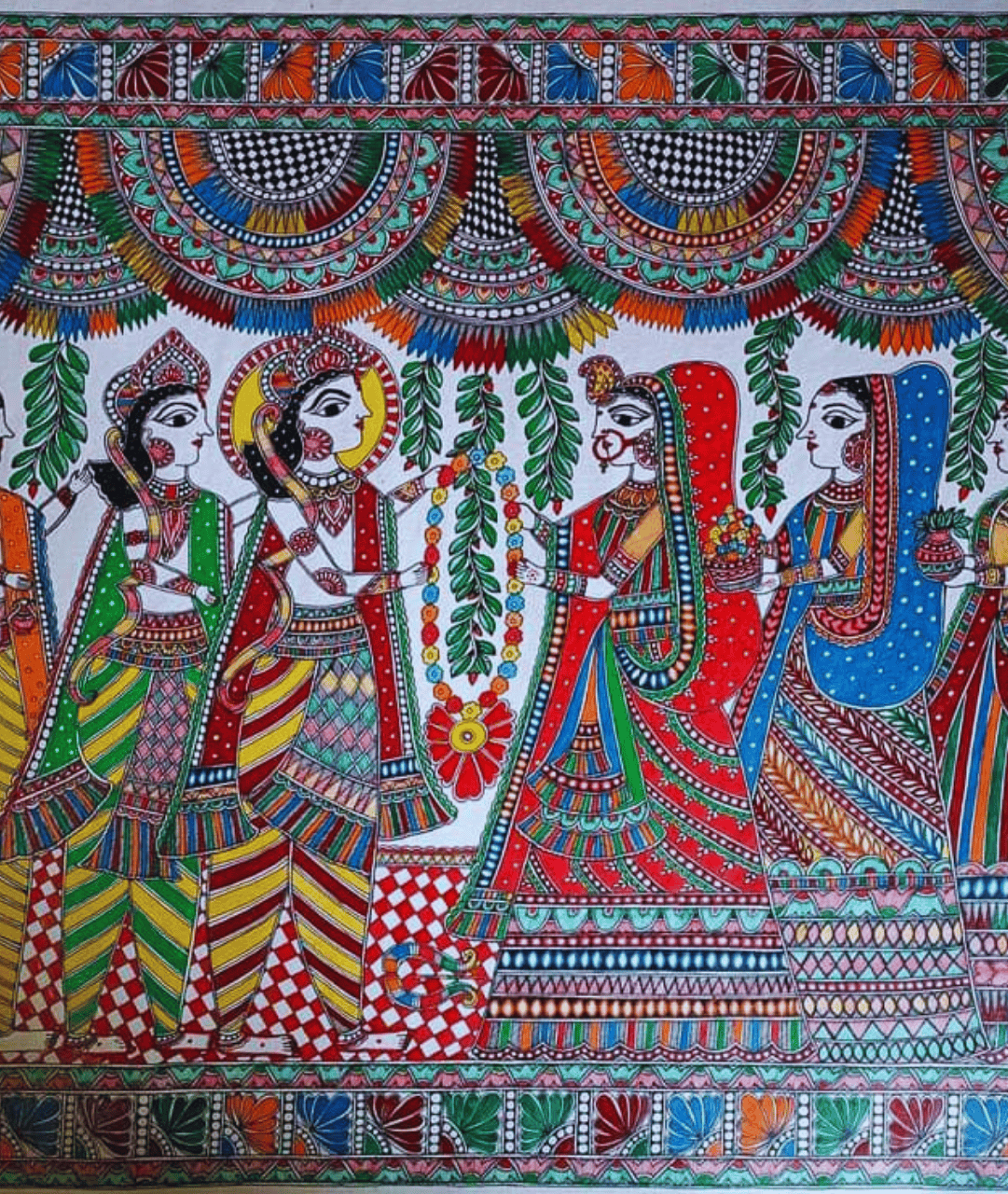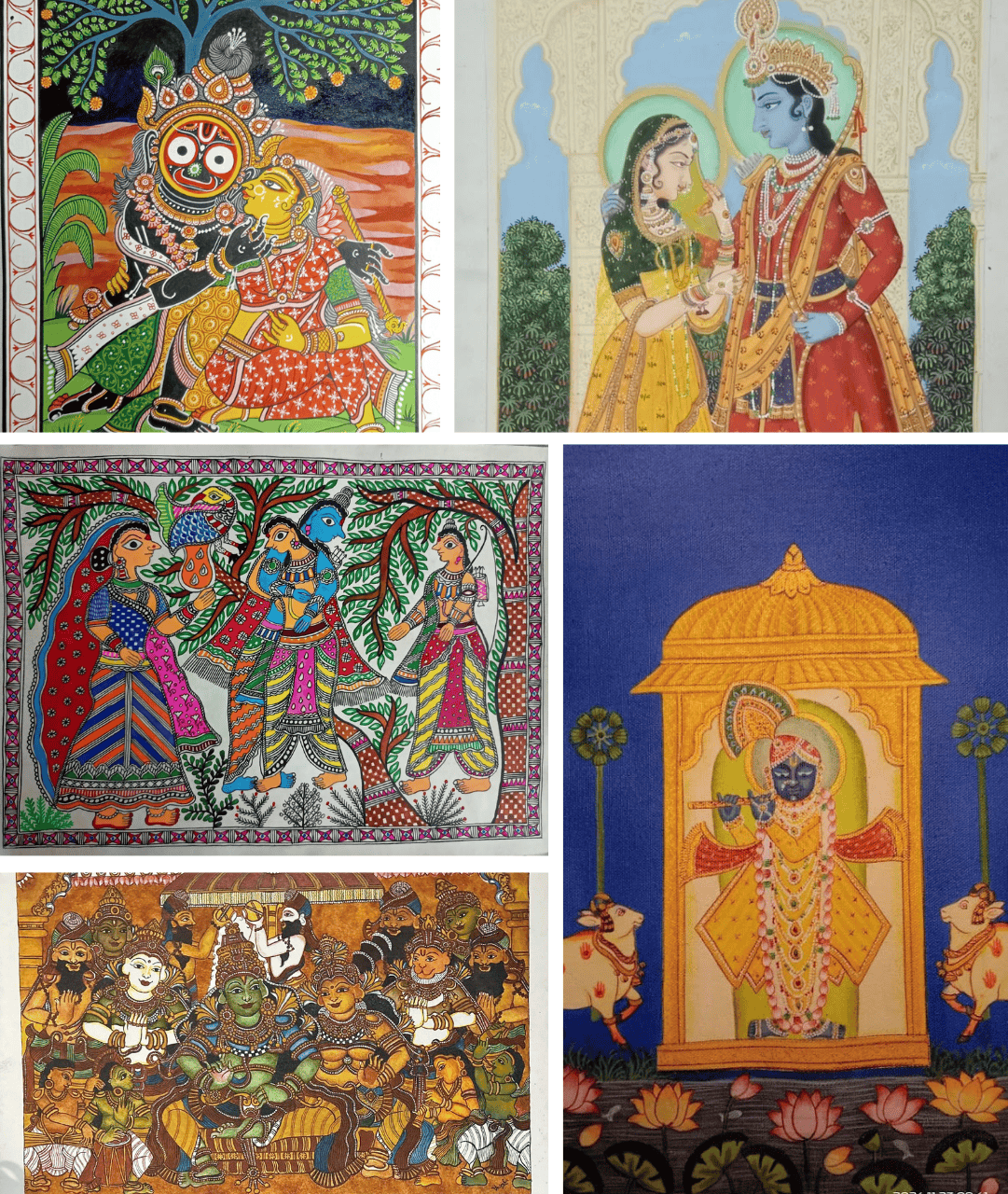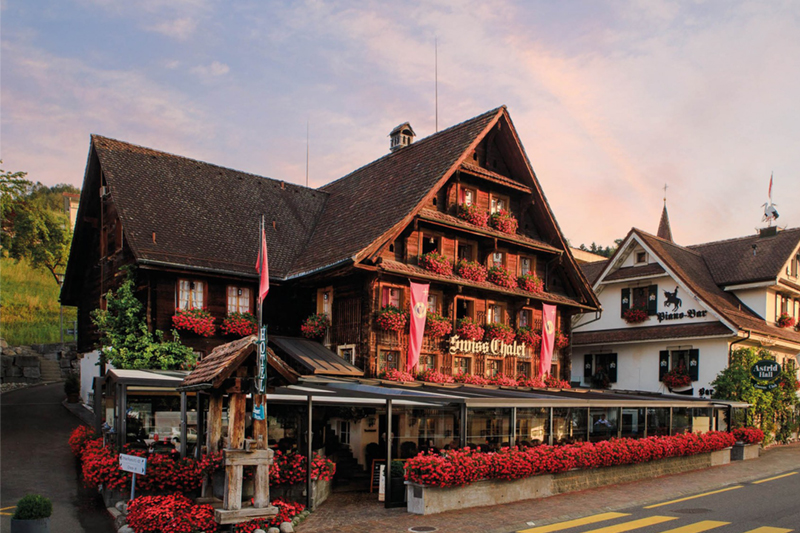The history of the Shri Ram Mandir in Ayodhya is deeply rooted in Hindu mythology and legends, tracing its origins to ancient times. The story of the temple revolves around the revered figure of Lord Rama, a significant deity in Hinduism, and the epic tale of the Ramayana. This narrative, rich with mythological elements and cultural significance, has played a pivotal role in shaping the beliefs and sentiments of millions of Hindus over the centuries.
Ayodhya, the birthplace of Lord Rama, holds profound significance in Hindu tradition. The city is depicted as a symbol of dharma (righteousness) and the epitome of an ideal kingdom. The belief that Ayodhya is the divine abode of Lord Rama has been passed down through generations, fostering a deep emotional and spiritual connection for Hindus.
The Ramayana describes Ayodhya as a magnificent city adorned with grand palaces, lush gardens, and noble citizens. The narrative paints a vivid picture of the utopian society under Rama’s rule, emphasising principles of justice, virtue, and compassion. The association of Ayodhya with Lord Rama’s birth transforms the city into a sacred pilgrimage site for devotees seeking to connect with the divine.
The Supreme court of india in the case of M Siddiq (D) Thr Lrs vs Mahant Suresh Das & Ors on 9 November, 2019 ruled in favour of the construction of a Ram temple at the Janmabhoomi site, while also directing the allocation of a separate piece of land in Ayodhya for the construction of a mosque. The construction of the Ram temple officially commenced in March 2020, with the foundation stone-laying ceremony conducted by Prime Minister Narendra Modi on August 5, 2020. And finally on 22nd January 2024, the consecration ceremony for the installation of the Lord Ram idol in the garbhagriha was held.
The history of the Shri Ram Mandir in Ayodhya is a tapestry woven with threads of mythology, legends, historical events, and contemporary socio-political movements.The Ram Mandir's impact extends beyond its physical presence. It has generated economic activity in Ayodhya, boosted tourism, and instilled a sense of pride and belonging among many Hindus. As the consecration ceremony approaches, it marks a defining moment in India’s cultural landscape, reinforcing the deep-rooted connection between mythology, history, and the collective consciousness of its people.






























